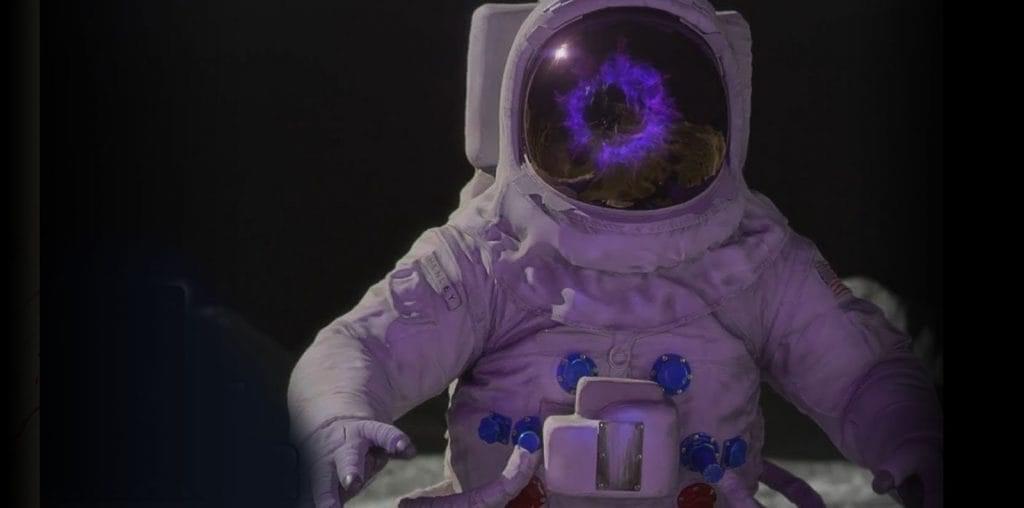
It certainly sounded like a recipe for something worthwhile: two-time Academy Award winner Kevin Spacey, three-time Academy Award nominee Kate Winslet, and Academy Award nominee Laura Linney in a film about a hot button issue, the death penalty, by celebrated director Alan Parker. But the astonishing awfulness of “The Life of David Gale” proves that if there’s anything more frightening than a January dump release, it’s a one-time prestige project that’s pushed from awards season to an early date the following year.
Spacey is Gale, a Texas university professor and death penalty abolitionist who–irony alert!–finds himself on death row for the brutal rape and murder of a colleague (Linney). In the days leading to his execution, Gale decides to break his silence to a bleeding heart news magazine journalist (Winslet), who discovers that his side of the story is even more shocking than the crime itself. Or, I should say, at least she discovers his perspective to be shocking, for it won’t necessarily be the case for the audience. After all, Parker and screenwriter Charles Randolph open by flashing back from a scene that will be revisited later in the film, featuring the Winslet character in a mad, desperate dash to get to the execution site. She can’t exactly be rushing there to *make sure* Gale fries, no?
But as Al Pacino says ad nauseum in The Recruit, nothing is as it allegedly seems in “David Gale,” which can hence be translated to mean that it is. While one can understand why someone would want to cast a gifted and accordingly decorated actor such as Spacey in a lead role, like any actor he carries a certain baggage from previous roles, and in this film his specific baggage works to his disadvantage. I don’t want to give too much away, but his mere casting tilts expectations in a certain way that purported surprises become glaringly obvious far long before they are revealed. It doesn’t help that Spacey’s performance in general is generally uninspired and unimpressive. Linney and particularly Winslet do what they can (and it is nice to see the latter work in contemporary-set American film for a change), but there’s only so much that can be done with a film that loudly transitions in and out of each and every flashback–and there are plenty of them–with a 360-degree rotation of the camera and flash cuts of “provocative” words such as “rape,” “pain,” “self-sacrifice,” etc; or uses a nonsensical contrivance such as a randomly malfunctioning rental car to build pseudo-suspense.
Bad movies are easy to make, but as this overheated and self-defeating propaganda piece (the film wears its liberal heart on its sleeve yet the characters spreading the message are far from the most sane, let alone admirable, people) shows, it takes a genuinely talented group of people to come up with the most astonishing botch jobs.
